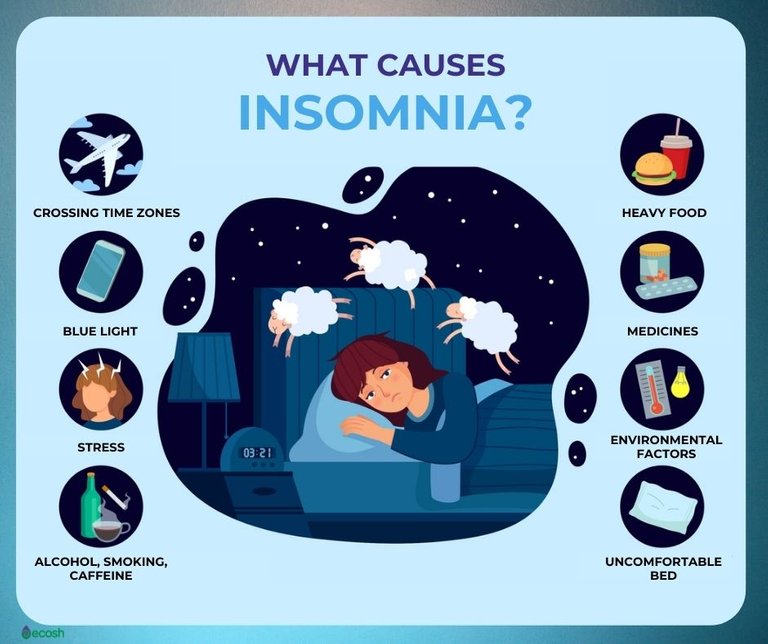Insomnia Causes And Risk Factors
Among the many reasons why insomnia patients are diagnosed with psychiatric disorders is because of their insomnia. Psychologists, however, do not necessarily agree that insomnia causes psychiatric disorders. They believe that people who are having trouble sleeping may simply be having psychological issues which will resolve once they overcome the sleeping issue. But what exactly are these issues?
There are many types of psychiatric disorders and one of them is the bipolar disorder. Bipolar disorder patients have problems getting to sleep at night or staying asleep after their normal sleep hours. The same goes for those who are suffering from other forms of insomnia like OSA, sleep apnea, or even narcolepsy. As you can see, all of these can be rooted to one basic cause - depression. This is why it's important to first determine whether you're suffering from depression before seeking treatment for it.
In some cases, the lack of sleep can be a symptom of another medical condition like diabetes. In these cases, the inability to stay asleep can be due to insulin resistance which is an inevitable response to the body's inability to break down sugars. For this very reason, it's important that insomnia patients get checked out by their doctors especially those who have difficulty falling asleep or staying asleep. In some cases, it's as easy as changing medications.
Another type of insomnia which can cause serious medical disorders is the hyperarousal disorder. Like bipolar disorder, it is usually caused by a hormonal or neurological disorder and in this case, there is a problem with the hypothalamus and pituitary gland. Like other forms of insomnia, the person suffering from this disorder experiences abnormal or irregular sleeping patterns, and it is characterized by difficulty falling asleep or maintaining sleep.
Psychotic disorders such as the schizophrenia family are also among the insomnia causes which can lead to psychiatric disorders. In this case, the insomnia patients suffer from hallucinations and delusions. In most cases, this comes with dementia and bipolar disorder. In addition to this, post traumatic stress disorder (PTSD) is one of the causes of insomnia among soldiers and veterans. They experience intrusive dreams, nightmares and flashbacks which may occur even when they are at rest. This is a type of chronic insomnia caused by PTSD.
Moreover, another insomnia cause is sleep apnea. Sleep apnea is characterized by abnormally long periods of breathlessness during sleep. In this disorder, the person experiences difficulty initiating sleep or maintaining sleep, and he often wakes up feeling like he is gasping for air. Those who suffer from this disorder often snore and breathe through their mouths. It is important for them to get checked out by their doctors because sleep apnea may lead to other more serious medical conditions.
Furthermore, insomnia can also be caused by mental disorders such as bipolar disorder, major depression and anxiety. People who have insomnia are more likely to have depression and bipolar disorder. On the other hand, those who have difficulty sleeping are more likely to have panic disorders or post traumatic stress disorder. Insomnia is indeed a symptom of these mental disorders that need immediate medical attention.
Lastly, those who drink alcohol, smoke cigarettes and use sedatives are more likely to suffer from insomnia. These drugs affect the production of endorphins and serotonin in the brain. These two substances are said to be the cure for insomnia. However, research studies showed that there are more risk factors for insomnia after taking these medications such as increased risk of depression and anxiety. The decreased risk factors include increased risk of increased blood pressure and increased risk of heart attack and stroke.

I like this article and I'm glad you've shared it with us. Can you please add any sources of information you used to write this article? Thanks.